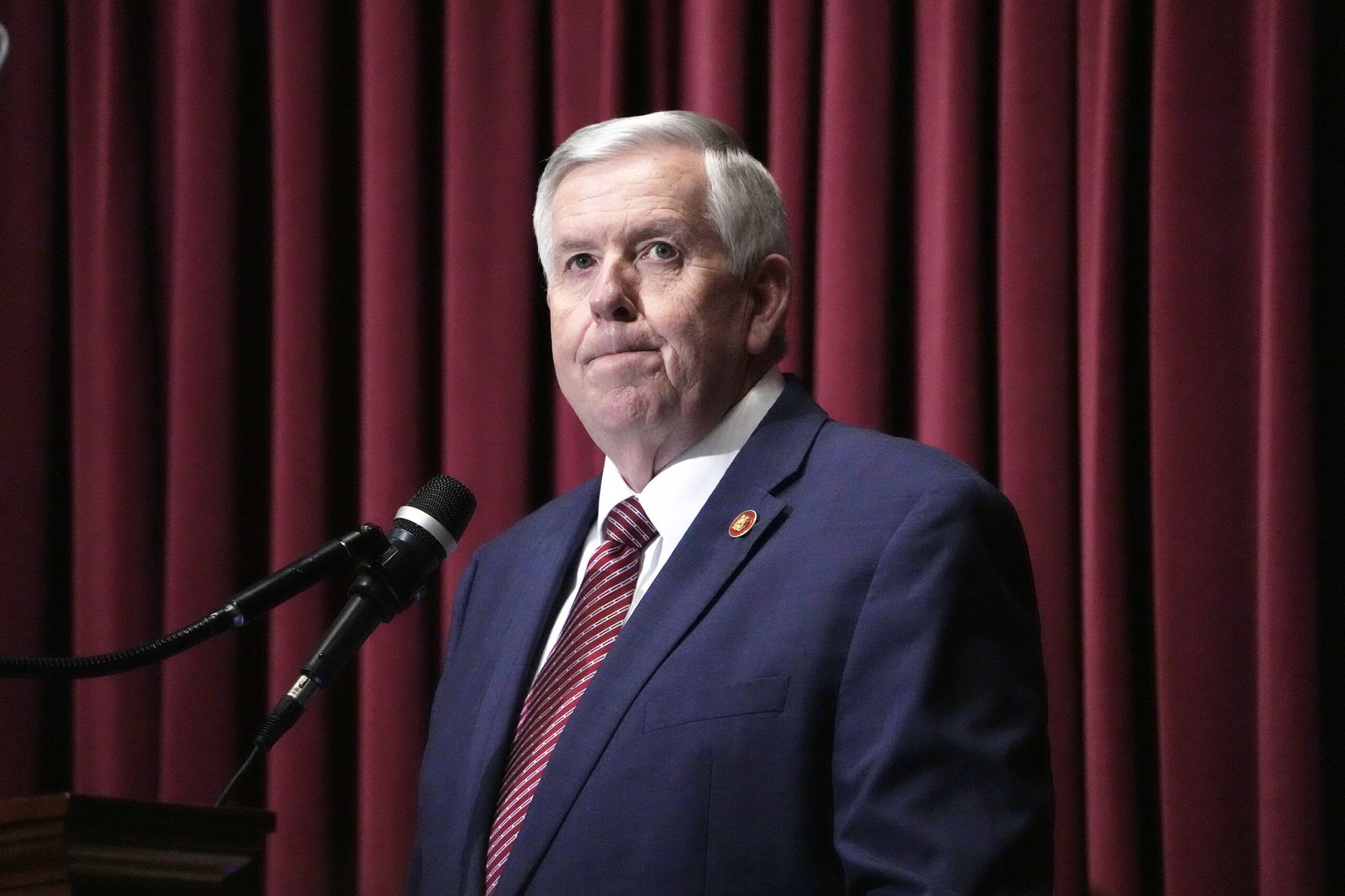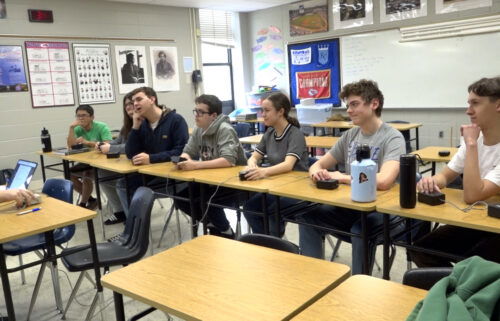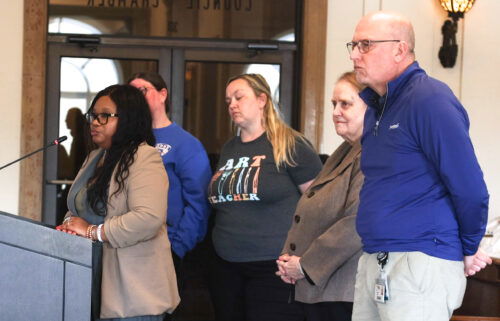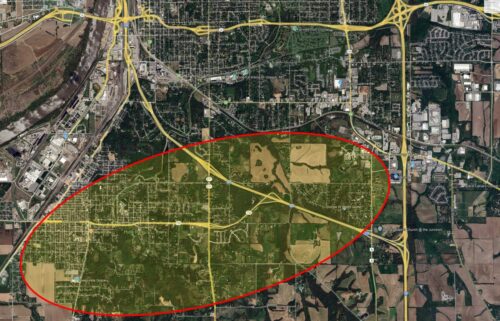Local education groups weigh in on big Parson decision

By Marcus Clem
An impactful reform to public education is sitting on the desk of Missouri’s chief executive, and local leaders have a lot to say about it.
Senate Bill 727 passed the Missouri General Assembly on April 24, starting a 15-day clock for Gov. Mike Parson, a second-term Republican who will leave office in January, to either sign, veto or ignore the bill. Once the 15-day deadline passes on Friday, if Parson takes no action, it will become law automatically. If he vetoes it, the Legislature would then be able to override the veto with a 2/3 vote in each chamber. Parson has thus far not indicated which way he leans on the matter.
The bill sets a $40,000 permanent minimum salary for a full-time teacher, up from $25,000, although a temporary measure passed last year had it at $38,000. However, no permanent grant mechanism to help poorer districts pay for this exists, and the Missouri School Boards Association, in a relatively rare statement urging a veto, is asking Parson to shut SB 727 down. Other groups, like the Missouri Association of School Administrators, are also opposed.
“I think Gov. Parson in the end will listen to the school districts, and MSBA and will do the right thing by us,” said LaTonya Williams, the St. Joseph Board of Education president and a member of the MSBA governing body. “I mean, he’s always been an advocate of public education, a proponent of our needs, and in touch. And so, I think in the end, he will do the right thing.”
The Missouri State Teachers Association is not echoing the MSBA’s opposition. The MSTA is the larger of two teacher groups in St. Joseph.
“MSTA neither supports or opposes the bill,” said MSTA regional president Kelly Bristol. “It is not how we would have preferred it to be written, but MSTA continues to advocate for teacher salary increases, as well as increasing financial support of education.”
The salary increase, which has already been enacted on the local level in St. Joseph, is paired with an expansion of tax credits under the MOScholars program.
If SB 727 becomes law, people across the state would be able to collectively donate up to $75 million per year for scholarships. Whatever they donate, so long as the $75 million cap for all donors statewide has not yet been met, then authorizes a dollar-for-dollar tax credit: A person who owes Missouri $2,000 in income tax per year can instead donate that amount to MOScholars.
Through MOScholars, qualified students then use those scholarships to attend a private school of their choice. St. Joseph Christian School has had about 60 students benefit from the MOScholars program in the last year. Qualifications are primarily based on poverty income levels and individual student needs.
If SB 727 becomes law, charter schools would also be able to be established outside of the Kansas City and St. Louis areas for the first time, but only in Boone County, the largest city of which is Columbia, Missouri. Charter schools are privately run K-12 campuses that receive public dollars. Because of these changes, the Missouri National Education Association — the smaller of the two local teacher groups in St. Joseph — is opposed to SB 727.
“We’ve joined forces with other education groups who care deeply about our schools — teachers, parents, principals and more — to ask (Gov. Parson) to veto SB 727,” MNEA state president Phil Murray said in a statement. “We all agree that it could harm the financial health of our public schools, thereby affecting classroom resources and support for Missouri’s students.”
Any legislative override of a possible Parson veto would be a tall order, as the vote of passage in the Missouri House of Representatives saw only 82 delegates in favor, against 69 opposed; 109 votes would be required to override any veto. The Senate final vote of passage was on party lines, and saw 19 Republicans vote “yes” against all 10 Democrats voting “no,” although 23 votes would be needed to overturn. Three Republican members of the Senate did not vote.
The local legislative delegation was divided on SB 727. For St. Joseph, Republican Reps. Brenda Shields and Bill Falkner of the Missouri House voted “no,” as did Rep. Dean VanSchoiack, R-Savannah. Rep. Sean Pouche, R-Kansas City, whose district extends into the rural area south and east of St. Joseph, voted “yes.” Most of the remaining 107 Republicans voted “yes.” Three out of 51 House Democrats crossed party lines to vote “yes.”
In the Missouri Senate, Republicans Tony Luetkemeyer of Parkville, who represents St. Joseph, and Rusty Black of Chillicothe, who represents most of Northwest Missouri, voted in favor, against all 10 Democrats, the closest of whom is Sen. Lauren Arthur of Kansas City.



